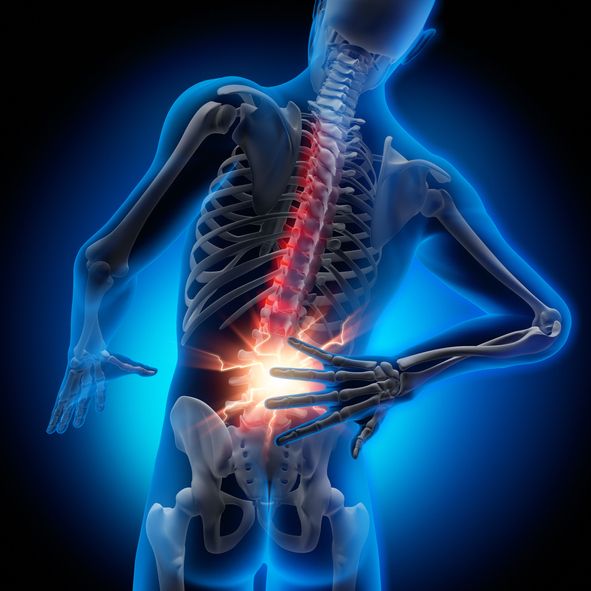Essential Things You Must Know on panchakarma treatment
Essential Things You Must Know on panchakarma treatment
Blog Article
Lower pain in the back is something that a number of us experience at some point in our lives, with as much as 85% of grownups dealing with it. Whether it's a dull, unpleasant ache or a sharp, relentless pain, it can be exceptionally disruptive. Most of the time, it comes from problems in the lower spinal column, tense muscles, or perhaps nearby organs. While conventional treatments focus on managing signs, integrative methods like Ayurveda, Yoga, and Acupuncture dive much deeper, addressing both the physical discomfort and the emotional toll that pain can take on us.
What Causes Lower Back Pain?
Lower neck and back pain can originate from a range of sources, such as:
● Problems in the back spinal column: Issues with the vertebrae or discs in the lower back.
● Muscle pressure: Overworked or swollen muscles from bad posture, overexertion, or tension.
● Nerve compression: Commonly brought on by a herniated disc continuing neighboring nerves.
● Internal organ issues: Pain referred from organs in the pelvic or abdominal region.
If your pain is severe, sticks around despite rest, or comes with signs like leg pain, feeling numb, weak point, or inexplicable weight-loss, it's crucial to see a medical professional.
How Ayurveda Can Help
Ayurveda, with its holistic and reliable solutions, uses natural services for treating lower neck and back pain. Here are some therapies that can help:
● Kati Basti: This includes using warm, medicated oil straight to the lower back. The warmth and oil work together to ease stiffness, promote blood circulation, and relieve pain.
● Elakizhi: Medicated natural leaves are used in a hot compress to relieve muscle stress and promote recovery.
● Panchakarma (Basti): This treatment uses a medicated enema to calm Vata dosha (one of the body's energy types). Vata imbalance is typically connected to neck and back pain, and Basti helps restore balance, lower swelling, and prevent recurrence.
Acupuncture for Pain Relief
Acupuncture is another effective method to manage back pain. By
placing fine needles into specific points on the body, acupuncture:
● Stimulates the release of endorphins, the body's natural painkiller.
● Improves blood circulation and decreases inflammation in the afflicted area.
● Works hand-in-hand with Ayurveda to use a well-rounded and efficient pain management solution.
Yoga for Long-Term Relief
Yoga matches Ayurveda and Acupuncture, offering a way to handle pain every day. It helps by:
● Stretching and reinforcing the muscles: Yoga positions can help enhance flexibility and ease stress in the back.
● Breathing exercises and meditation: These practices relax the mind, minimize stress, and support your body's natural recovery process.
While yoga alone may not totally eliminate the underlying reasons for lower back pain, it can substantially relieve pain and assistance keep a healthy, pain-free back gradually.
A Holistic Approach for Lasting Relief
By combining Ayurveda, Yoga, and Acupuncture, you're not simply treating the signs-- you're addressing the source of lower back pain. These treatments work together ayurvedic therapy for weight loss to balance the mind and body, providing a more natural and thorough service to pain relief. With this integrative technique, you can find not just physical relief but also a higher sense of well-being and balance in your life.
If you're trying to find a long-term, holistic way to handle your lower back pain, these treatments could be the response.